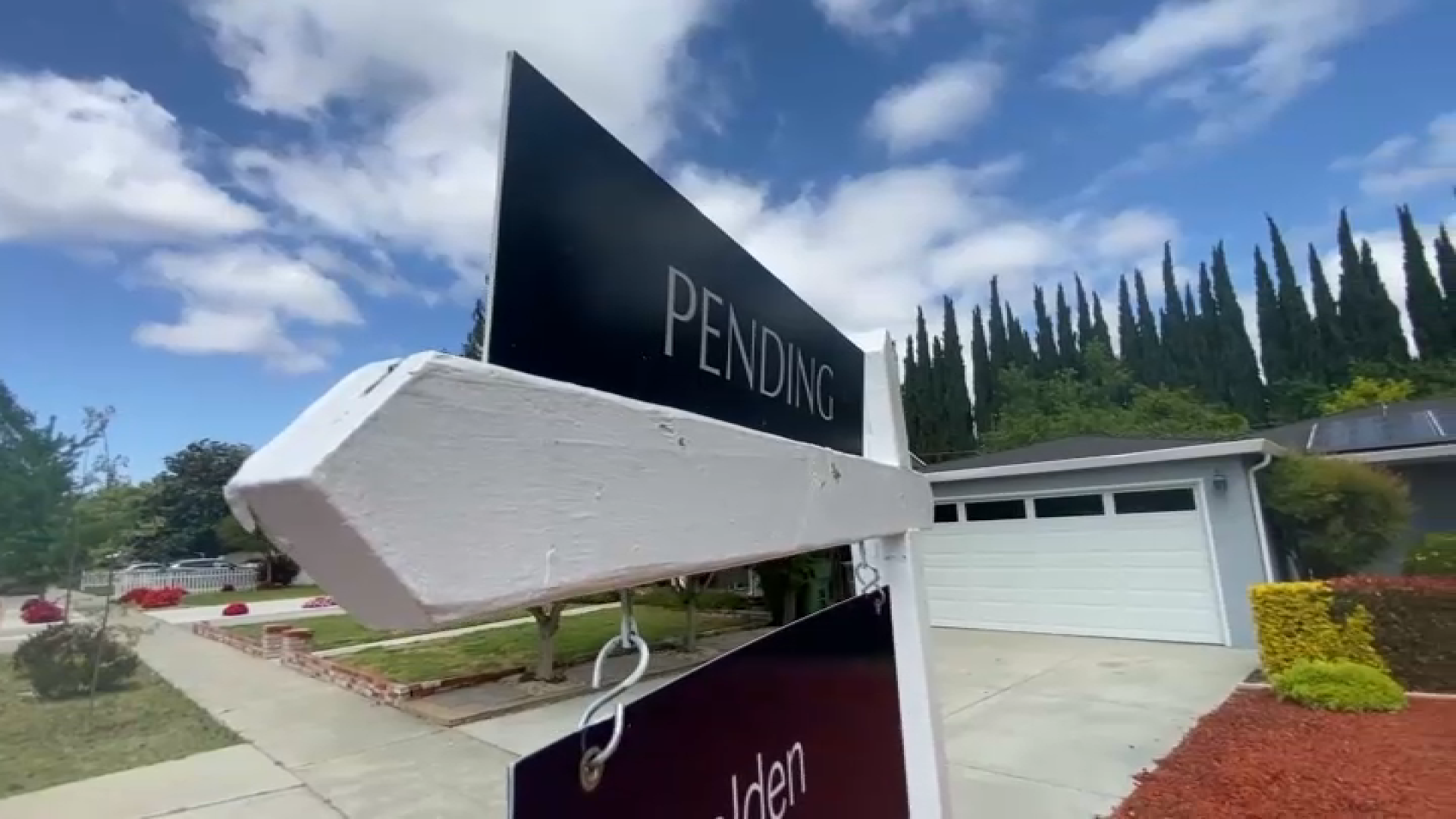Police called the disappearance of 8-year-old Sandra Cantu a missing persons case, not an abduction, for 10 days - until some farm workers drained an irrigation pond and found her body stuffed in a suitcase. Some residents and a law-enforcement expert say authorities in Tracy should have publicly expressed more urgency about the case and warned of the danger that could be lurking in their Northern California community.
But police say that despite their initial uncertainty about Sandra's fate, they did everything they could, scouring the area, calling in reinforcements and exploring theories from dealing with a runaway to looking for a kidnapper.
"Until we had an indication that Sandra had been killed, we were treating this as a missing persons case," said Tracy police spokesman Sgt. Tony Sheneman.
"We had no indication of an abduction," he said. "We wanted to be as careful as possible."
Sandra's body was found Monday a few miles from her home. Police have interviewed hundreds of people and served more than 15 search warrants, including one at a local church, but say they have no suspects so far.
An autopsy on the girl has been completed, but results will not be available for several weeks, a coroner's spokesman said Wednesday. Officials declined to discuss any preliminary findings.
Plans for funeral services could be released Thursday.
Hundreds of volunteers and police searched for the girl and pictures of her smiling face were posted all over town, but some wonder if a different approach by police might have made a difference. Three days after she was last seen, Sheneman had expressed confidence that she was "alive and well."
"If it would have been my daughter, I would've wanted everyone watching, everyone to be suspicious," said Ana Morales, 24, a mother of two who on Wednesday visited a sprawling makeshift memorial for Sandra outside the mobile home park where she lived.
"We always had the sense that she was going to be OK," she said. "(Police) statements were a little misleading - their statements led us to believe they knew something about how she was doing."
Local
Her brother, Luis Morales, 27, chalked it up to inexperience: "This usually happens in large cities, not in small towns like this."
Sheneman acknowledged that "we've never handled a missing persons case such as this." But officials say city police quickly asked for help, calling in the San Joaquin Sheriff's Department, other neighboring law enforcement and the FBI.
Hours after Sandra's family reported her missing the evening of March 27, the city opened its emergency operations center, normally reserved for earthquakes and fires, according to city spokesman Matt Robinson.
Police say they never issued an Amber Alert because they had no information on a suspect or mode of transportation connected to an abduction, which is normally required for the alert.
Joseph Pollini, deputy chair of the law and police science department at the John Jay College of Criminal Justice in New York, said he disagreed with that decision.
"Even if it's just some nuance of information, we still want to get that out there," said Pollini, who headed the kidnapping and cold-case homicide units during his 33 years with the New York Police Department.
With time a crucial factor in recovering an abducted child, publicizing a physical description of Sandra as broadly and quickly as possible would have made sense, Pollini said.
"It's not like it's going to cost a lot of money to put the transmission over the air," he said. "You're still dealing with a life."
Ernie Allen, president of the National Center for Missing and Exploited Children, defended Tracy police's handling of the search for the missing girl and said they made the right call in not issuing the Amber Alert. Broadcasting an alert with only a physical description is not an appropriate use of the system, he said.
"The response of the Tracy police in this case was swift and serious. It's hard to imagine what else they could have done," said Allen, whose organization's hotline received hundreds of tips regarding Sandra's disappearance.
Joined by some of Sandra's relatives outside the mobile home complex, the girl's uncle Joe Chavez told reporters Wednesday that he wanted to see whoever was responsible get the death penalty.
"It's complete innocence taken for absolutely no reason," Chavez said.
"When that word came in (the girl's body was found), I heard screams that I'd never heard come out of human beings before," he said. "Primal screams of love and fear like the worst horror movie you could ever watch."
Pollini, who is not involved in the investigation, said based on what has been publicly disclosed, it appears Sandra's killer fits a "disorganized" profile - someone lacking in intelligence who would commit a crime close to home and dump the victim's body nearby.
Police would be searching for footprints, tire prints and broken vegetation leading to and from the pond, he said. They would also examine suspects for traces of mud or dirt from the scene.
"As long as you have the resources, tenacity and the time, every case is solvable," he said.
Robinson, the city spokesman, said he understood public frustration over the lack of answers but urged patience.
"This is a town in which we protect our own. We had an unsuccessful ending with Sandra, and that's going to eat at people," he said. "Now the next step is letting police do their jobs."



